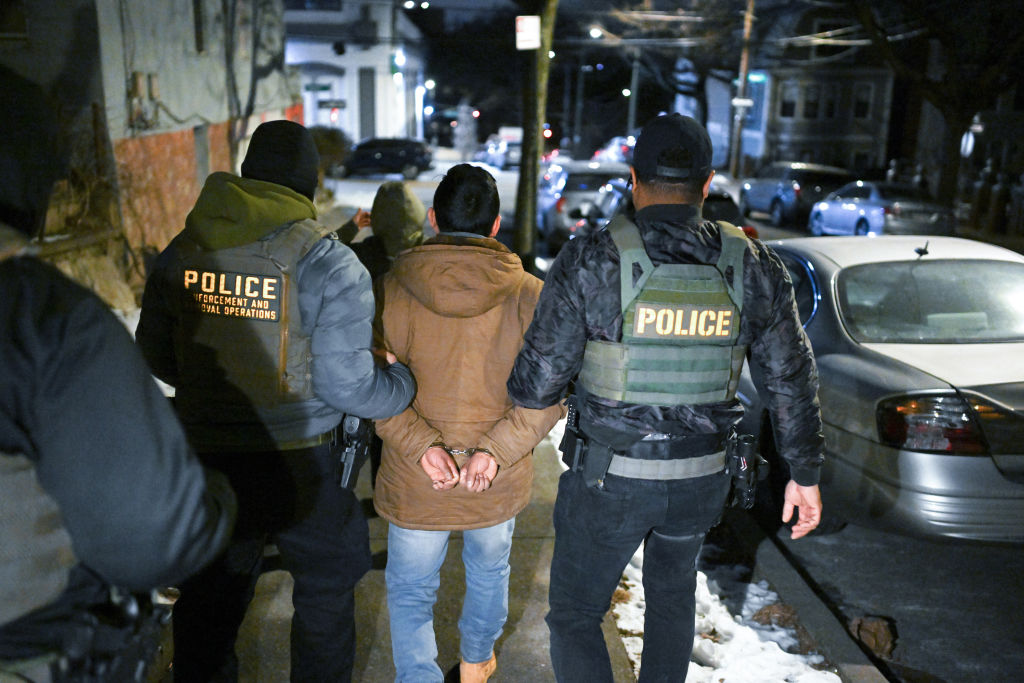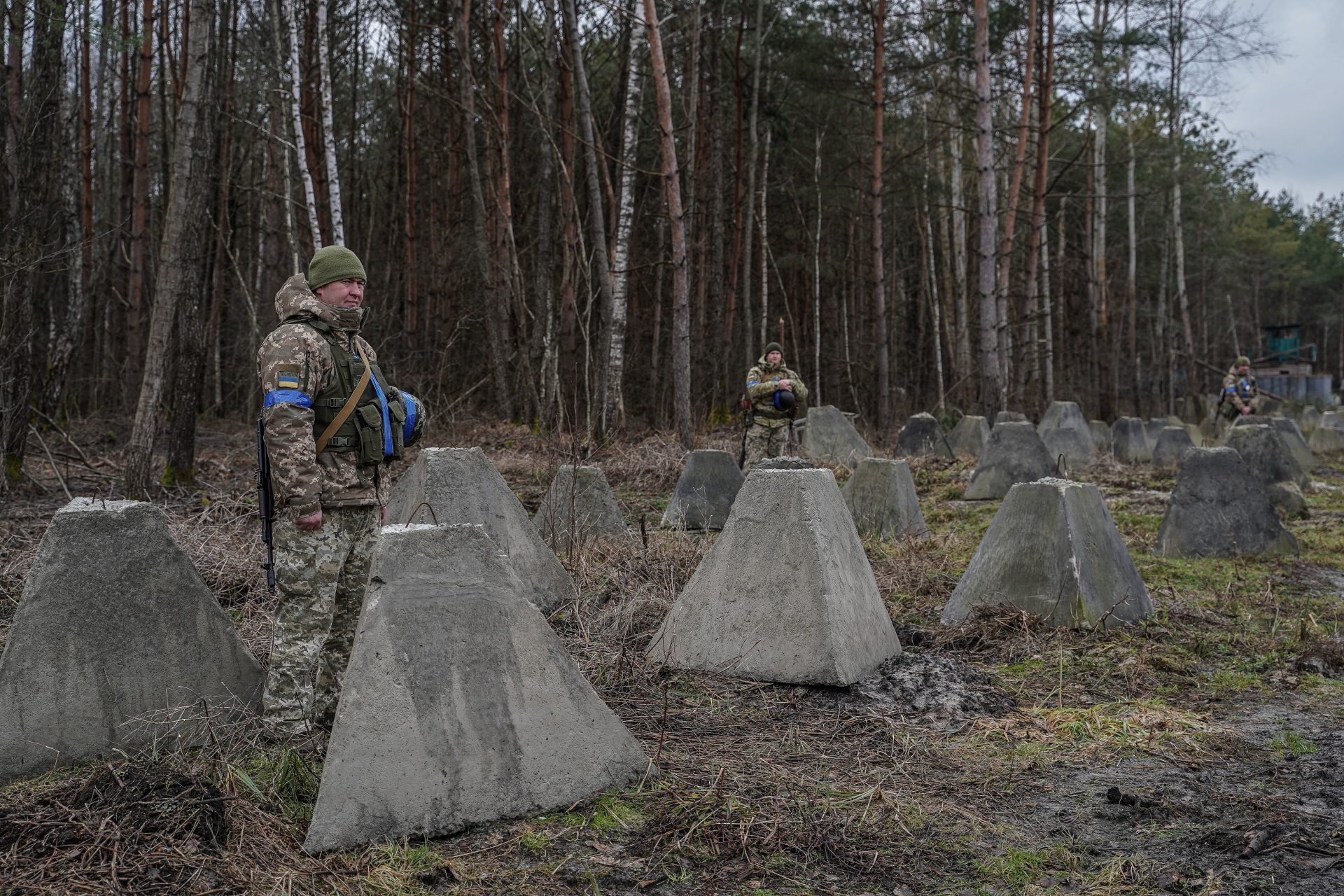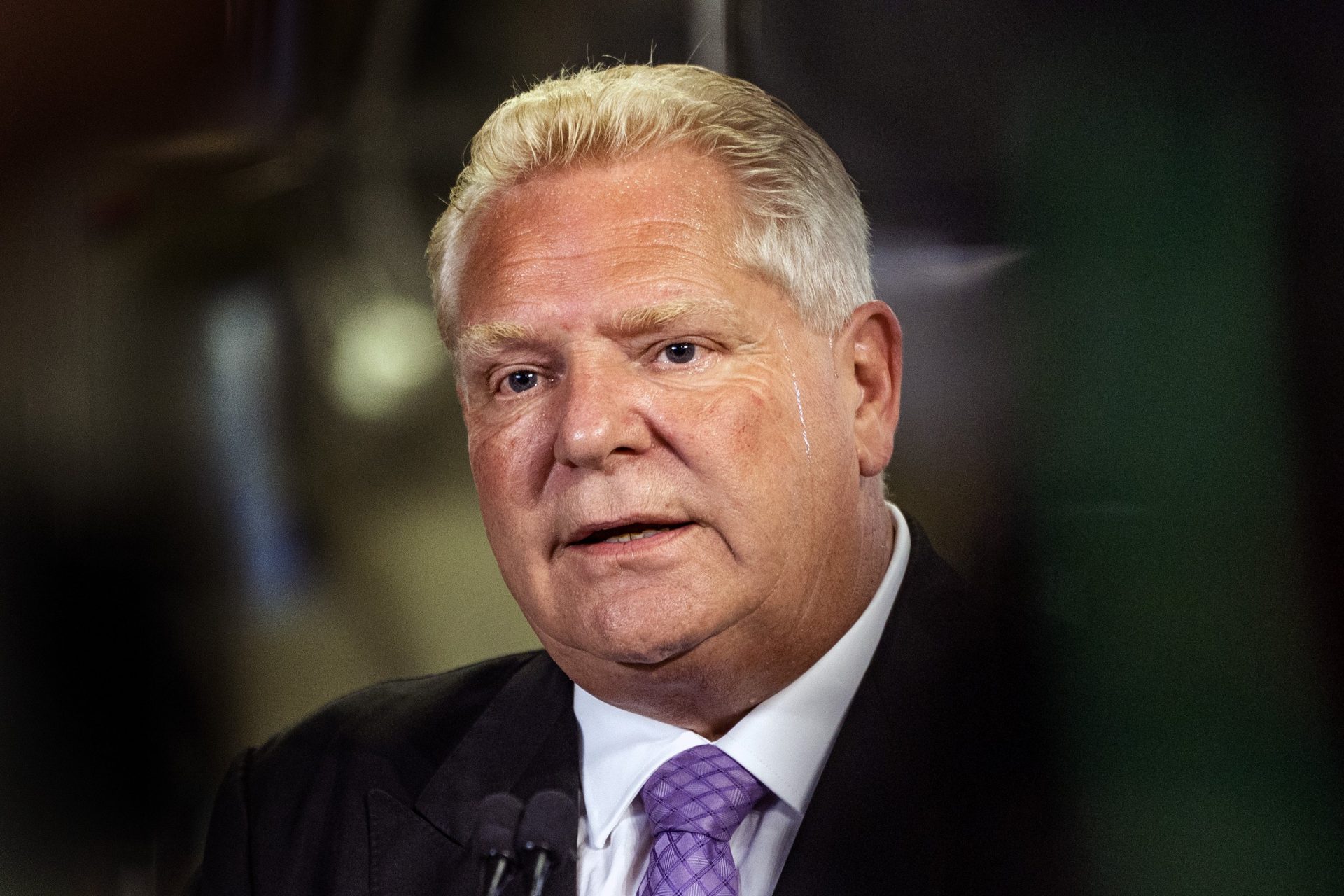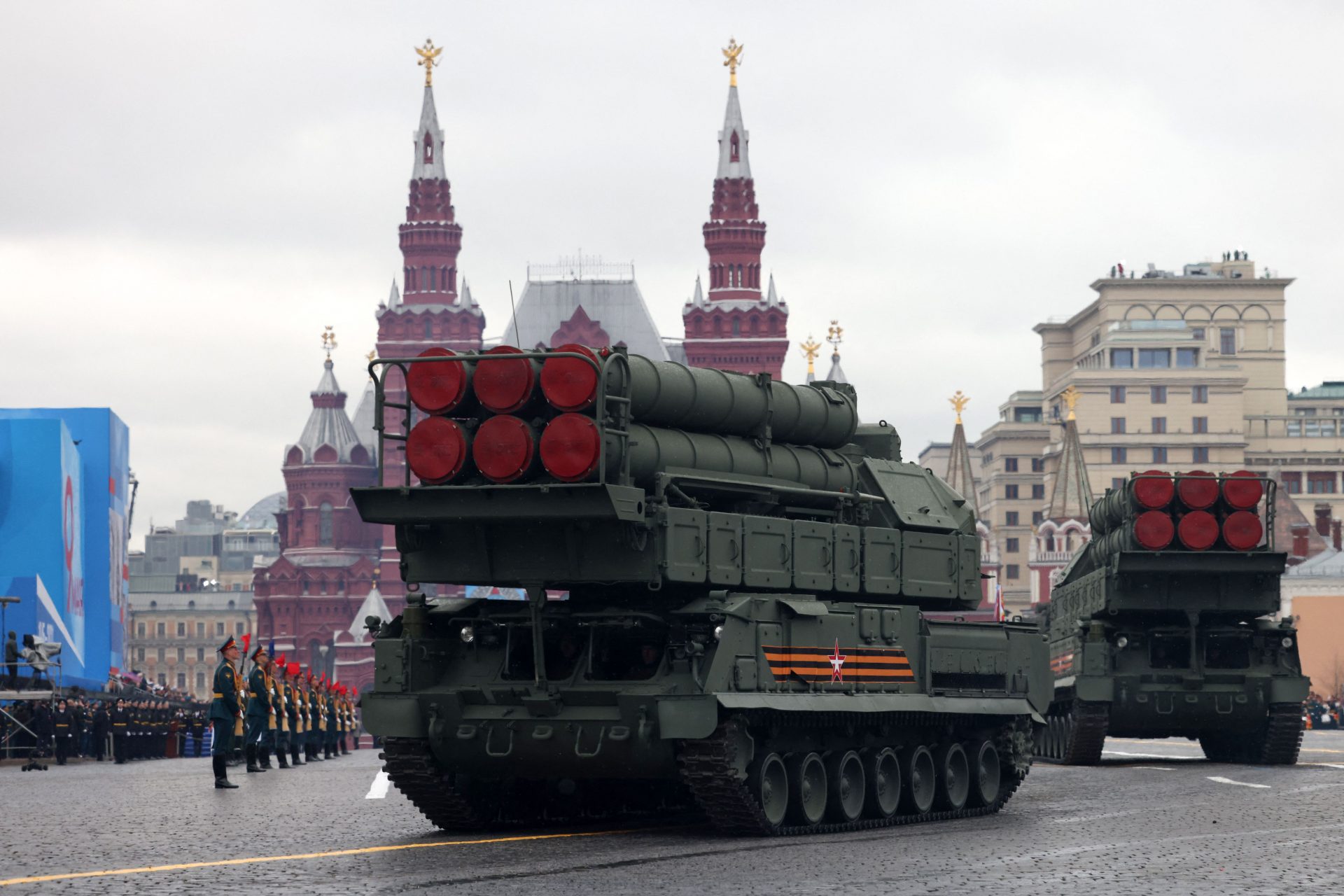Western Canada is being devastated by out-of-control wildfires
Western Canada is being devastated by out-of-control wildfires that have forced tens of thousands from their homes in what one official said was an unprecedented situation.
On May 6th, the Canadian province of Alberta entered a state of emergency after hundreds of wildfires forced roughly 24,000 people to evacuate their homes according to Reuters.
At the time, officials recorded 110 active fires in the province and Reuters reported that at least 36 of those blazes were categorized as out-of-control by fire crews in the area.
"It has been an extremely challenging day for firefighters here," the information manager of Alberta Wildfire Christie Tucker explained in a statement to the public on the blazes.
"We were battling very strong winds, hot weather and those winds produced extreme wildfire activity,” Tucker added as she detailed the unfolding situation in the province.
Several communities have suffered extensive fire damage and BBC News reported that one of the worst-hit areas was Fox Lake, where 20 homes were destroyed by the fires.
“My whole family’s side over there, our little village side there on the north Fox Lake is all wiped out,” explained former Fox Lake resident Rick Laboucan to CTV News Edmonton.
Alberta Premier Danielle Smith said during a May 6th press conference that the province was experiencing a hot and dry spring which was making “truly terrifying wildfires” possible.
"These conditions have resulted in the unprecedented situation our province is facing today,” Smith said, noting that she earmarked $1.5 billion for emergency management.
"I don't know that I ever recall seeing multiple communities evacuated all at once in fire season," Smith added, revealing the true scale of the problem the province was facing.
Since entering a state of emergency, Alberta has seen the wildfires raging across the province intensify, and the number of evacuated people climbed to 29,000 per CNN.
On May 7th, Christie Tucker said during a press conference that the province had seen 16 new fires and that fire crews were battling 108 blazes, only 31 of which were out-of-control.
Additional fire crews from Quebec and Ontario were set to arrive in Alberta to help in the fight, according to Tucker, and scattered showers were helping to contain the wildfires.
However, Tucker also noted that the situation wasn’t under control and that conditions in the northern part of the province could produce even more extreme wildfire activity.
“Up north, it’s still very dry. We’re still seeing winds and we are expecting a continuation of those kinds of conditions that can lead to extreme wildfire behavior,” Tucker said.
As of May 7th, hundreds of thousands of acres have been burnt or destroyed according to Alberta’s Wildfire Status Dashboard, and the province isn’t alone in its struggle.
Neighboring British Columbia is also suffering from uncontrollable wildfires in the north of the province, though the situation is not as dire as in Alberta according to the CBC.
More for you
Top Stories






























